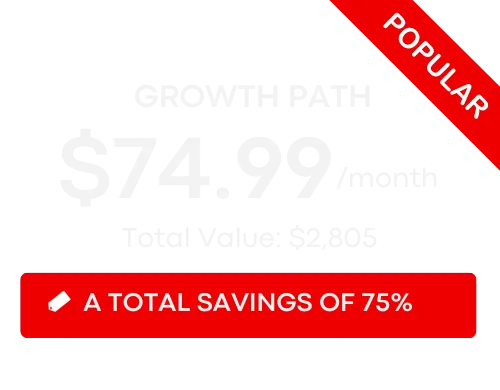Principles in Action:
Ethical Decision-Making in Disasters
Led by expert Dr. Roman Tandlich, develop the skills and frameworks needed to make sound, ethical decisions in disaster response, humanitarian aid, and emergency management.
Trusted By


Learn from our Instructor
Dr. Roman Tandlich
TIEMS Regional Director for Africa
Dr. Roman Tandlich has been working in emergency and disaster management since 2011. With a background in biotechnology, he developed low-cost sanitation technologies and shifted his research focus to disaster management to address water, sanitation, and hygiene challenges in developing countries. Originally from Slovakia, he completed his Master's in 1998 and earned a PhD in Pharmaceutical Sciences from North Dakota State University. After postdoctoral fellowships, he joined Rhodes University in South Africa in 2008 and is now an Associate Professor with expertise in public health, water, sanitation, and disaster ethics.
Explore Ethical Guidance for Informed Decision Making
When disaster strikes, leaders are often faced with difficult decisions that impact the lives and well-being of countless individuals. Effective crisis management goes beyond quick decision-making; it demands a deep understanding of ethical principles and the ability to apply them under pressure.
This course explores the ethical dimensions of crisis and disaster management. You'll learn how societal norms and professional conduct intersect during crises. Gain the tools you need to apply ethical principles in diverse scenarios and improve your professional practice.

Course Highlights and Learning
- Navigate ethical dilemmas: Apply a deep understanding of key ethical theories and principles to real-world crisis and disaster situations.
- Make informed decisions in complex situations: Analyze and integrate ethical codes of conduct into crisis response strategies, ensuring your decisions are both principled and practical.
- Optimize resource allocation for maximum impact: Evaluate the ethical implications of resource distribution, ensuring fairness and adherence to humanitarian principles during crises.
- Learn from real-world experiences: Critically analyze case studies to extract valuable lessons and best practices for ethical decision-making in disaster management.
- Apply established framework for ethical action: Deploy robust ethical framework to effectively address complex ethical challenges and dilemmas that arise in crisis and disaster risk management.
Topics Covered
Module 1: Ethical Theories
Module 2: Ethical Implications of Resource Allocation
Module 3: Specialized Ethical Theories and Codes of Conduct
Module 4: Case Studies
Module 5: FAQ Session
Get a Glimpse Inside the Course through the Crisis Lab Podcast
Are you intrigued by the course but still have some lingering questions?
Our exclusive podcast, an in-depth conversation with disaster ethics expert Dr. Roman Tandlich, offers a sneak peek into the rich content and enlightening discussions you can expect in the course.
This podcast serves as a preview and introduction to the topics that will be extensively discussed in the course. So, if you're still on the fence, why not take a listen? It could be the perfect opportunity to get a taste of what's to come and help you make your decision. Ready to explore the world of resilience? Listen to the podcast now, it’s free!
Hear what our students are saying about our courses
Our students range from public to private sector, and from major tech companies to government agencies.
Earn CEUs through IACET-accredited courses
Achieve professional growth and earn CEUs efficiently with Crisis Lab's IACET-compliant courses.
The International Association for Continuing Education and Training (IACET) is a globally recognized accreditation body ensuring the highest standards in continuing education. Crisis Lab is proud to have achieved IACET accreditation as a testament to our commitment to strict educational standards. We make sure that you're not just getting CEU's, but also getting the quality and effectiveness you deserve.

Principles in Action: Ethical Decision-Making in Disasters
Led by expert Dr. Roman Tandlich, develop the skills and frameworks needed to make sound, ethical decisions in disaster response, humanitarian aid, and emergency management. Purchase this single course from Crisis Lab today.



